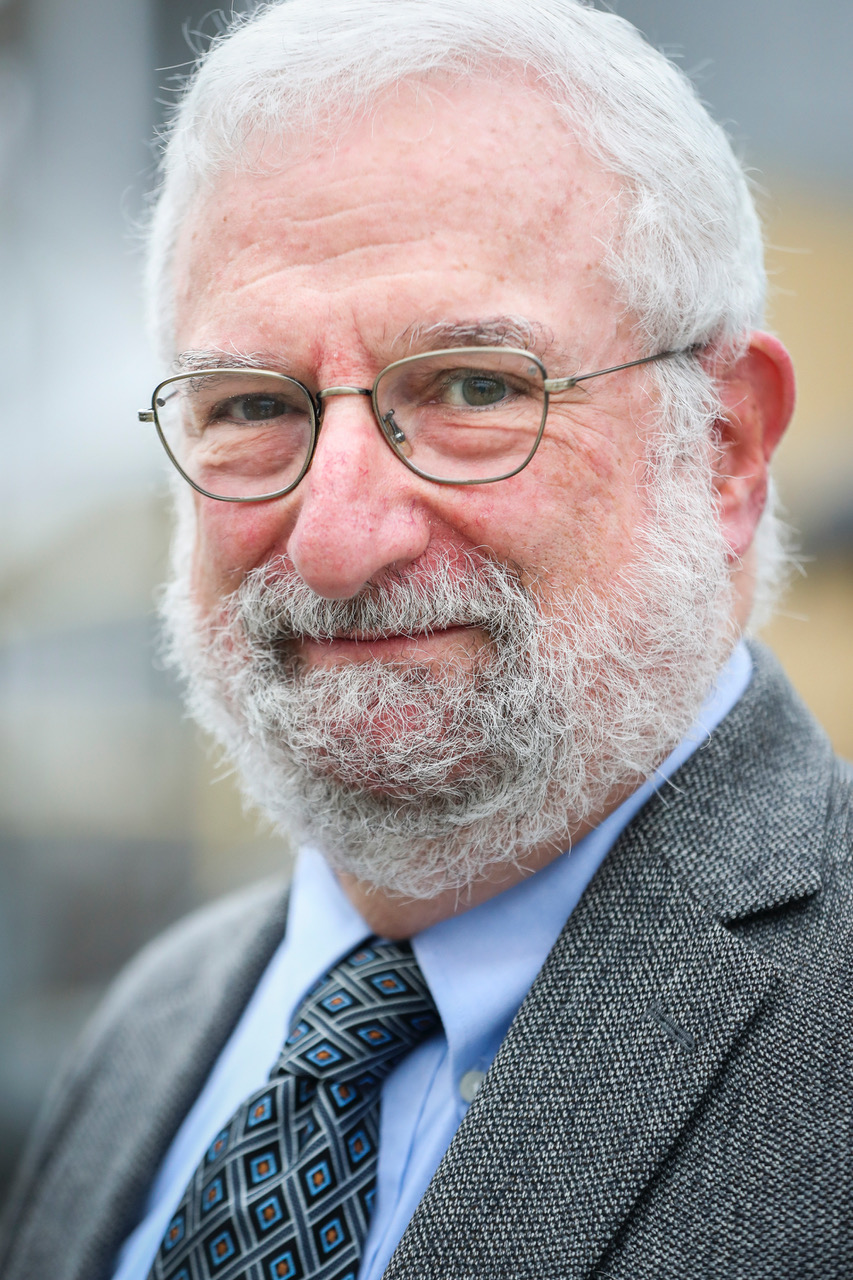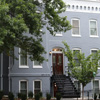In mid-January, I received a query from a reporter exploring plagiarism among US academics. Does the fault for its occurrence—however frequent—lie with a “broken peer-review process, a problem with dissertation committees, etc.”? More specifically, the reporter wanted to know whether we keep data on instances of plagiarism in AHA publications, and how often we catch it in submissions.

Sophia Germer
This is an excerpt of my response:
The American Historical Review, like many academic journals, relies on our editor, Board of Editors, and the peer review process in the assessment of articles. Each article is double anonymous reviewed by three to six scholars. If a peer reviewer raises a question about potential plagiarism, it is thoroughly reviewed. The AHA’s Statement on Standards of Professional Conduct articulates standards and definitions that history departments and others can use. . . . I would guess that violations of research integrity and misuse of data has been more common among political leaders than among historians. . . .When we do discover plagiarism or other forms of research misconduct we neither shove it under the rug nor dismiss it by referring to “alternative facts.”
The reporter followed up with a query about whether we use plagiarism detection software, and “if not, why not?” In our subsequent phone conversation, I explained that the AHR doesn’t use such software because it’s not necessary. The AHA has seen no uptick either in plausible accusations of plagiarism or in conversations about plagiarism in recent years, with one significant exception: the explosion of concern about how best to confront new artificial intelligence software that students could use to fulfill course assignments.
This column is not intended as criticism of the reporter, who was diligently following an assignment. Nor was this publication unique in thinking that historians routinely rip off one another’s work or are so worried about plagiarism that we constantly discuss it. A news article about the AHA’s annual meeting in early January, quoted a half dozen attendees on plagiarism in the context of Harvard University president Claudine Gay’s resignation. One would have thought that plagiarism was haunting the hallways of the San Francisco Hilton.
Well, no. In the program, the only reference to the word “plagiarism” or its derivations appears in an abstract of a presentation on a tailor in early 18th-century Cusco and controversies over the originality of textiles. No AHA representative was cited in the article. It’s clear that the six interviewees mentioned it only because they were asked specifically about plagiarism, Claudine Gay, or both. Moreover, “several” interviewees demurred. As good historians, they pointed to context, arguing that the attacks on higher education—history specifically and the humanities in general—were the more salient issues.
Why is everyone suddenly asking historians about plagiarism?
That is largely what I said to the initial reporter and to still another journalist who called to ask whether Harvard’s president had committed plagiarism. (That one had an easy answer. Every discipline has its own standards of research misconduct; since Dr. Gay is a political scientist, I suggested contacting the American Political Science Association.)
What’s going on? Why is everyone suddenly asking historians about plagiarism when there’s no evidence that this particular offense has recently generated concern at the level of professional scholarship in our discipline? (Again, the discourse about students and ChatGPT poses a different set of issues.) Sure, it’s in the news because right-wing activists have successfully driven the president of Harvard from office (and no, I won’t comment on whether I think Dr. Gay is or is not guilty, or on the activist seemingly inhabiting a glass house once his spouse’s dissertation was found to contain a fair bit of borrowing itself).
But here’s the rub. For historians (and perhaps others?) the problem is not plagiarism. It’s the broader category of “research misconduct,” which includes not only plagiarism but other sins from misuse of data to the invention of evidence. Many recent articles about the “epidemic” of plagiarism actually refer to other transgressions (the blog Data Colada, frequently cited by journalists, focuses on misuse of data—and even outright fraud—in the behavioral sciences). As a discipline, history has produced few big plagiarism events, especially in recent decades. Highly visible controversies over Michael Bellesiles’s Arming America and David Abraham’s The Collapse of the Weimar Republic both involved issues of research misconduct located in misuse of evidence; neither was accused of plagiarism. We probably are more concerned about books that claim a topic or question has never been written about when it has in fact been the subject of solid historical work. Historians don’t own either the ideas or the focus of their publications; still, if someone says, “Nobody has written about this before,” I’d like to see them smile and add, “Except . . .” But that is not plagiarism; it’s a lack of generosity.
Occasionally, the AHA and other publishers do hear about plagiarism. From time to time, the American Historical Review receives a review charging a book’s author with plagiarism. But the AHA stopped adjudicating cases of research and other professional misconduct two decades ago, on the recommendation of the Professional Division (PD) to the Council. Because the process was cumbersome, PD concluded that many potential complainants had neither the time nor the patience to work through it. That pool was also limited by a strict exclusion of any dispute already the subject of legal proceedings, which was not infrequent in the case of various forms of professional misconduct. It was cumbersome for the staff as well, which was especially important because for such a time-consuming process, in the end it was rather toothless. The AHA had no authority to enact sanctions, and in nearly all cases, the only result of a successful complaint was the option of the complainant to make the PD’s decision public. For the AHA itself to announce the decision, the process was complicated further to permit an appeal to the Council.
I was then an elected member of the PD, and though I supported the division’s recommendation, I also thought it might be desirable to continue adjudicating exclusively plagiarism cases. Unlike other charges—unethical hiring practices, say, or research misconduct in the realm of distortion of sources, sheer invention (a.k.a. making stuff up; we tend to look down on that), or offenses that would require investigative resources—plagiarism seemed to be bounded terrain. Put two texts side by side and see what happens. Some judgment is required (as we’ve seen in the Harvard case) as to extent and the replication of ideas (which Dr. Gay has not been accused of), but there is no need to go beyond the texts themselves.
Let’s start by asking all legislators to take the same civics and history test required of new citizens.
That still leaves the issue of sanctions. Many of the plagiarism cases adjudicated by the PD did not involve accusations against professional historians, and it’s hard to tell what difference we made. I am unlikely to forget James Mackay, whom we publicly exposed as a plagiarist for his egregious replication (without credit) of Robert V. Bruce’s impressively thorough Alexander Graham Bell and the Conquest of Solitude. The Council decided to go public to show the publisher that the AHA takes such things seriously, since a New York Times book reviewer had already outed Mackay as a plagiarist in a different book. Mackay appealed. We did the work to prepare for the hearing. Mackay didn’t show up. The AHA published its decision. The press pulped the book, approximately his 65th (one can write fast when someone else has already done the work). And the same press published him again.
The Mackay episode emphasized the limits of AHA sanctions and contributed (along with many other factors) to the decision two years later to step away from adjudicating cases of professional misconduct. Although that decision might suggest that we don’t take plagiarism seriously, the Mackay case shows just the opposite. Consider the time, effort, thought, and resources expended by the staff and PD. Obviously, this was an important undertaking.
And it still is. But plagiarism by historians is rare. And I wish reporters would ask us instead about the implications of public figures (and even judges) weaving narratives about the past that all too often string together myths, partial evidence, uncontextualized facts, and what should be an embarrassing lack of knowledge of our nation’s history.
I suggest that members of Congress worry less about plagiarism and work with historians to address the historical illiteracy that they regularly lament in response to reports of low scores in standardized tests. Let’s start by asking all legislators to take the same civics and history test required of new citizens. We’ll see how many of them know that the main cause of the Civil War was slavery.
James Grossman is executive director of the AHA.
Tags: From the Executive Director Professional Life

This work is licensed under a Creative Commons Attribution-NonCommercial-NoDerivatives 4.0 International License. Attribution must provide author name, article title, Perspectives on History, date of publication, and a link to this page. This license applies only to the article, not to text or images used here by permission.
The American Historical Association welcomes comments in the discussion area below, at AHA Communities, and in letters to the editor. Please read our commenting and letters policy before submitting.
Comment
Please read our commenting and letters policy before submitting.









